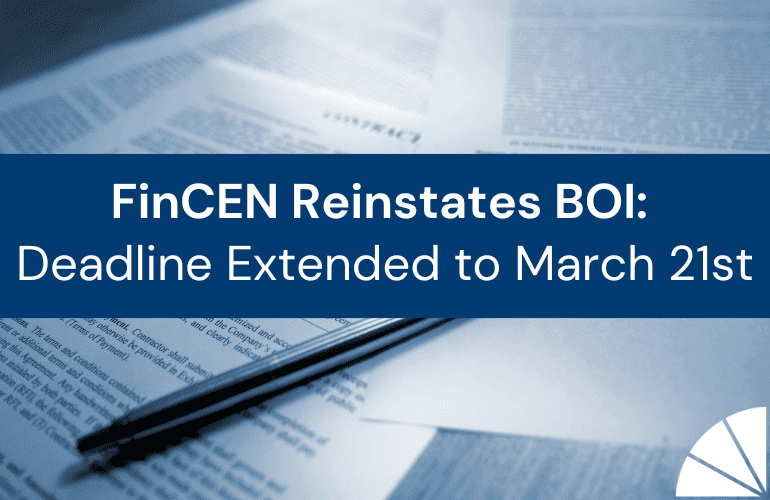
In February 2016, the Financial Accounting Standards Board (FASB) issued a new accounting standard for leases, which is effective for all non-public companies for the year ending December 31, 2020. The new lease rules will bring certain operating leases onto the balance sheet by recording a “right-to-use asset” and a “lease liability.” Companies’ financial statements could be significantly impacted by this new lease rule and management should be aware of the effect on leverage and other ratios, including any financial covenants required by banks or lenders.
Under the current lease rules, there are some complexities, and judgment is needed to transition to the new lease accounting standards and properly report the leases in companies’ financial statements. For example, all prior financial statements presented need to be restated to account for leases under the new rules. However, in November 2017, FASB agreed to amend the new lease rule to allow companies to choose a “cumulative catch-up adjustment” and present it at the beginning of the period (i.e., 1/1/2020). In other words, financial statements would not have to be restated for years prior to 2020, and the old lease rules could be used for those prior years presented.
FASB also considered another amendment to ease the burden and cost of transition to the new lease rules for “non-lease components” of the lease. Non-lease components are essentially payments for goods and services, such as common area maintenance (CAM) charges. The new lease rules (as currently written) require those non-lease components to be separated from the lease and recorded under other guidance. The amendment will allow an election to be made to account for both the non-lease and the lease components together when applying the new lease rules.
The new lease rules can be complicated and will require new systems and judgments to be made that could make transitioning to the new lease rules difficult and costly. Accordingly, FASB will propose its amendments to the new lease rules in January 2018 and give 30 days for public comment. Please contact LGA to discuss how these new lease rules will impact your company.





